The Political Economy of NATO: Past, Present and into the 21st Century
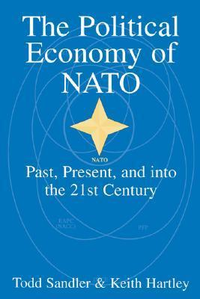
Summary
Using simple economic methods while accounting for political and institutional factors, this book puts forward a political economy viewpoint of NATO's current status and its future prospects. A host of NATO policy concerns are addressed including the optimal membership for the alliance, its role in peacekeeping missions worldwide, the appropriate methods for deterring terrorism, and proper procurement practices for the next generation of weapons. Additional topics concern defense burden sharing, arms trade, NATO's institutional structure, and NATO's role vis-a-vis other international organizations. Although the analysis is rigorous, the book is intended for a wide audience drawn from political science and economics.
Similar Books
-
 Memory and Power in Post-War Europe: Studies in the Presence of the Past
Memory and Power in Post-War Europe: Studies in the Presence of the Pastby Jan-Werner Müller
-
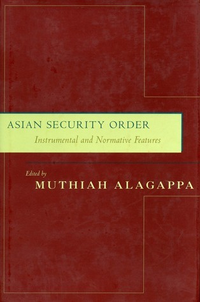 Asian Security Order: Instrumental and Normative Features
Asian Security Order: Instrumental and Normative Featuresby Muthiah Alagappa
-
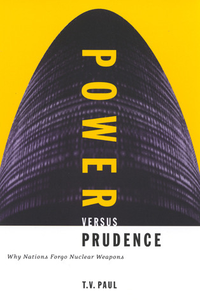
-
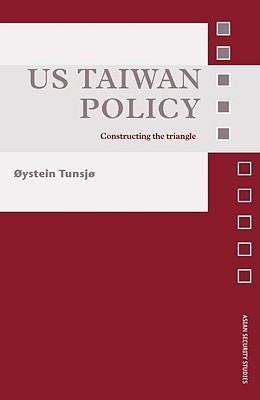 US Taiwan Policy: Constructing the Triangle
US Taiwan Policy: Constructing the Triangleby Øystein Tunsjø
-
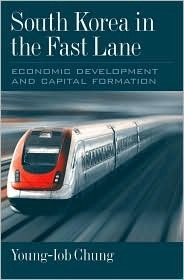 South Korea in the Fast Lane: Economic Development and Capital Formation
South Korea in the Fast Lane: Economic Development and Capital Formationby Young-Iob Chung
-
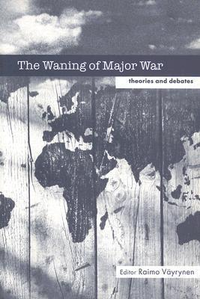 The Waning of Major War: Theories and Debates
The Waning of Major War: Theories and Debatesby Raimo Väyrynen
-
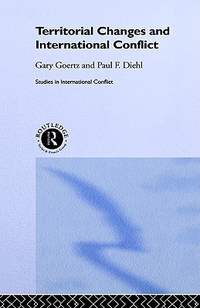 Territorial Changes and International Conflict
Territorial Changes and International Conflictby Paul Diehl
-
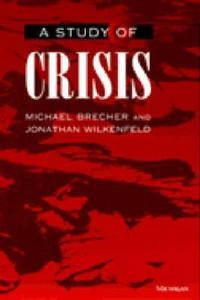 A Study of Crisis
A Study of Crisisby Michael Brecher
-
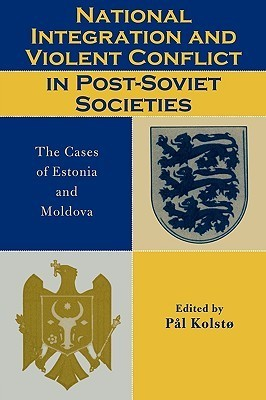
-
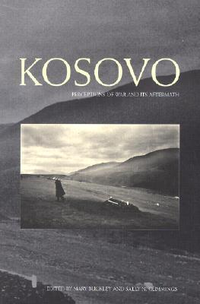 Kosovo: Perceptions of War and its Aftermath
Kosovo: Perceptions of War and its Aftermathby Mary Buckley
-
 Western Use of Coercive Diplomacy After the Cold War: A Challenge for Theory and Practice
Western Use of Coercive Diplomacy After the Cold War: A Challenge for Theory and Practiceby Peter Viggo Jakobsen
-
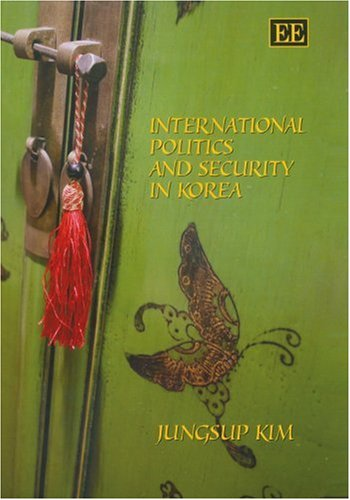 International Politics and Security in Korea
International Politics and Security in Koreaby Jungsup Kim
-
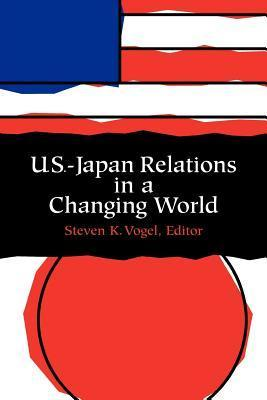 U.S.-Japan Relations in a Changing World
U.S.-Japan Relations in a Changing Worldby Steven Kent Vogel
-
 Territorial changes and international conflict
Territorial changes and international conflictby Gary Goertz
-
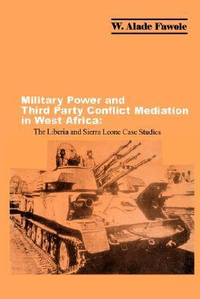
-
 The North And South Korean Political Systems: A Comparative Analysis
The North And South Korean Political Systems: A Comparative Analysisby Sung Chul Yang
-
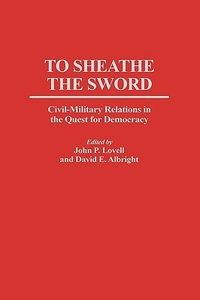
-
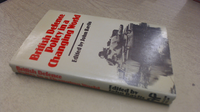 British Defence Policy in a Changing World
British Defence Policy in a Changing Worldby John Baylis